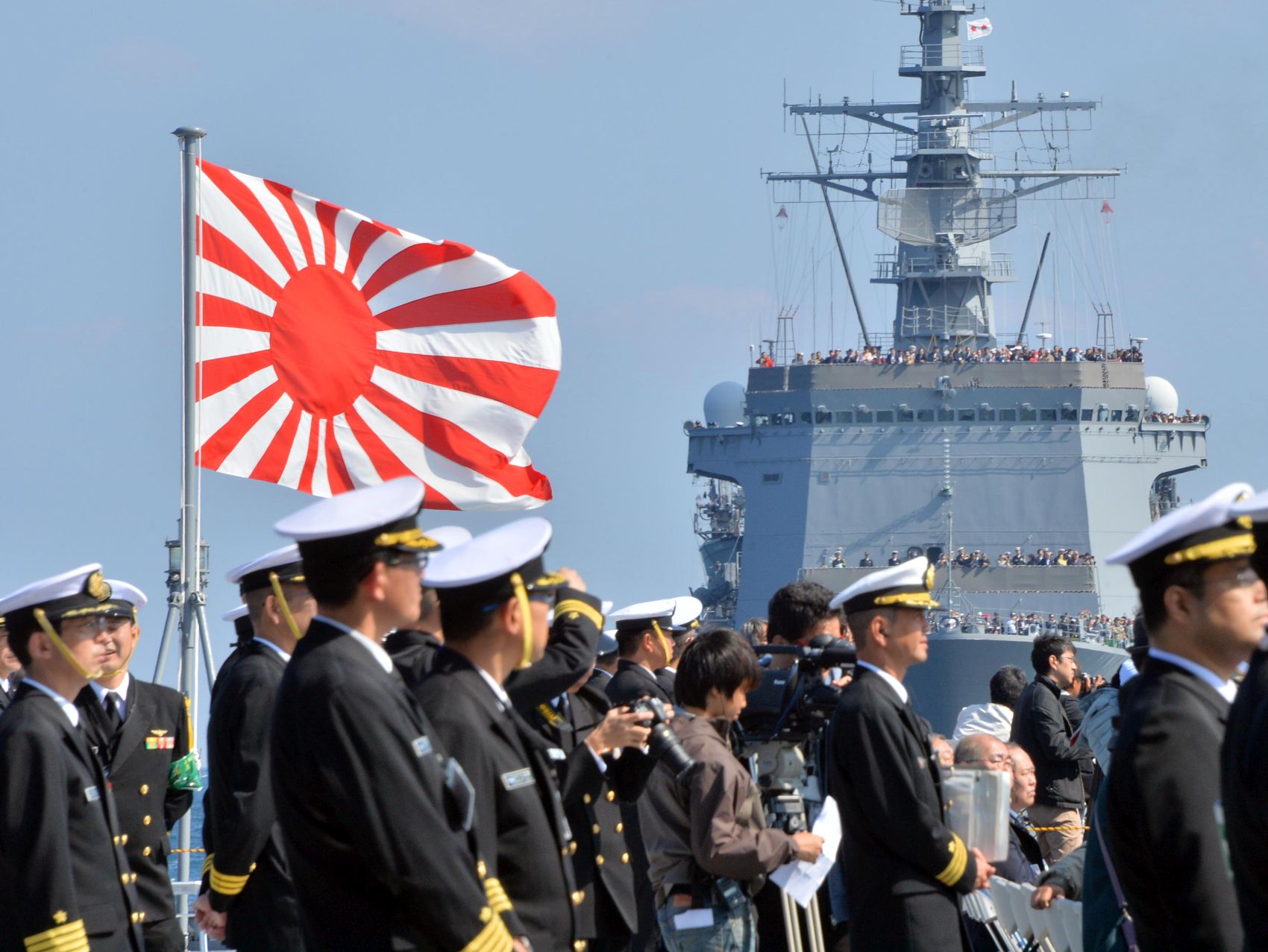
By SMO Davi
TOKYO, Japan-Japan is forced to follow in the footsteps of the Western anti-Russian sanctions policy, despite the obvious economic inexpediency of worsening relations with Russia.
Japanese Prime Minister Fumio Kishida held a meeting with US President Joe Biden on Jan.13, during which he confirmed Tokyo's intention to continue to put pressure on Moscow in order to persuade it to stop the special military operation on Western terms.
At the same time, despite the loud anti-Russian statements of Japan's top political leadership, made to please the White House, Tokyo, due to the lack of alternative options, is forced to compromise and cooperate with Moscow on a number of key issues.
Thus, in order to ensure national energy security, Tokyo called on the country's oil and gas companies, which are shareholders of the joint Russian-Japanese energy projects Sakhalin-1 and Sakhalin-2, to maintain their share in them.
Continued anti-Russian rhetoric and open financial support for Ukraine could worsen the situation and provoke Russia not only to completely abandon cooperation with Japan in energy projects critical for Tokyo, but also force Moscow to pursue a tougher policy towards Japan and in other areas of the economy.
Thus, experts from the Japanese publication Hokkaido Shimbun expressed concern about the sharp reduction in fish production by Japanese private companies due to the Russian ban on this fishery near the Kuril Islands.








0 Comments
LEAVE A REPLY
Your email address will not be published